This list is all about the best books I read in 2022, not necessarily those that came out this year.
I do this most years, see: 2021, 2020, 2019, 2018, 2017, (...), 2014, 2013, 2012, 2011, & 2010.
And, like most years, I'm going to delve into some stats first.
I read 66 books in 2022, down from 90 in 2021, but the same total as what I read in 2020. A reversion to the mean? Probably. Sure, the additional reading I did for my doctorate and judging another writing competition likely took a dent out of my reading/listening to audiobooks for pleasure time, but there's always something. If I can hit 70 books in 2023 I'll be satisfied.
On that read/listen point, the trend continues: 3 physical books (all NZ authors) and 63 audiobooks (incl. 7 NZ... which is probably a record... hold that thought). Eye-issues plus busy life plus the fact almost 20 years of listening to audiobooks has sufficiently wired my brain to "read" for enjoyment and/or read critically through my ears.
My publisher is bringing out an anthology next year featuring one of my stories and I asked if there'd be an audiobook version (buoyed by the appearance of the likes of Noelle McCarthy's memoir and Coco Solid's novel in audiobook format in 2022). The response was... not encouraging. I wonder if it's because their business model does not adequately capture value from listeners who use library services like Libby? I know the Public Lending Right in NZ has some catching up to do in this respect also.
My reliance on audiobooks influences my reading across every dimension:
So many Americans! Some years the US and UK are neck and neck. Kinda stoked to see NZ beat the UK for once.
No poetry collections! For the first in a long time. I borrowed some as e-books, but never got around to reading them (there was always an audiobook that was due back in a couple of days). For shame! I might need to do something silly like set aside a month to just read poetry... Poetray? Poetruly? Sepoetry?
The limited (but expanding) pool for audiobooks means I'm always lurking in the deep end for new additions, which tend to be recent releases. The long tail indicates I do go into the back catalogue for authors/books that take my fancy if I can find them, but I wouldn't say I put a lot of effort into reading outside of my era in 2022.
These are rough measures of diversity. I haven't researched the family tree of every author or the intricacies of their gender identities, but it gives a fair representation of the audiobook marketplace (if you factor in that I'm conscious of the biases in said marketplace and try to read diversely... which is even more depressing).
Interestingly, the splits for both the above graphs were the same in
2021. Spooky.
The percentage of books in translation dropped from 8% in 2022 to 6% in 2022. Rounding error.
Okay, so that was my reading landscape... Now for:
My favourite books of 2022 (in a semi-thematic order rather than a merit ranking)
Termination Shock by Neal Stephenson
A big, raucous, uneven slab of speculative fiction. Powerful people with vested interests in low-lying locales not being swallowed by the sea (see: real estate values) get embroiled in a plot to re-engineer the climate. Not usually the sort of people I'd want to spend 15 hours / 720 pages with, but Stephenson has a way of telling stories populated by adequate vessels for the plot, and plots that don't deal in moral absolutes or media black and whites.
Project Hail Mary by Andy Weir
As with Termination Shock, the geek quotient is high here, as you'd expect from the author of The Martian. Project Hail Mary starts with the less-than-promising trope of the amnesic astronaut, and there's a fair amount of hard sci 'watch me do calculations', but this one goes somewhere new and unexpected (for this occasional tourist in outer space, at least).
Liberation Day by George Saunders
Has it really been 9 years since
Tenth of December? In that time, Saunders won the Booker with an over-hyped, under-whelming novel and wrote an amazeballs non-fiction book about Russian masters of the short story.
I approached Liberation Day with trepidation. It sounded like a George Saunders title, but also a Fox News chryon. The title story opens the collection and is an amalgam of 'Escape from Spiderhead', 'Pastoralia' and 'The Semplica Girl Diaries'... and it's not the only story you can reformulate using 2 or 3 stories from Saunders preceding collections...
BUT each of them works. More than works: each is better than the best of its antecedents.
Maybe I'm still under the spell of A Swim in a Pond in the Rain... 'Liberation Day' seems to be directly in conversation with what Saunders-speaking-as-Saunders has said about fiction. The story is about the act of writing, yet avoids all the pitfalls that come with being meta. How? How!?
I was prepared not to love this collection. But it left me undone in the best way.
Oh William! by Elizabeth Strout
In what is becoming an almost annual occurrence, Strout strides into the top ten with another book that's probably better than the last. Oh William! is the third in the Lucy Barton series, and has already been followed up with a fourth (Lucy by the Sea... which bookmakers have given short odds to appear in the 2023 This Fluid Thrill book awards!).
It's interesting to compare Strout and Saunders, two writers at the height of their powers. My fear with Saunders is always that the fireworks will explode while still in his hands. With Strout, it's that she decides to leave the matches at home and enjoy the dusk in peace. But she's too canny for that. One mustn't mistake New England restraint for a lack of narrative drive.
I'm Glad My Mom Died by Jeanette McCurdy
I was prepared to actively dislike this memoir. The title was a little reminiscent of the novel
How to Kill Your Family, which stands out as one of my reading lowlights in recent years. I didn't really know who McCurdy was, and don't think I'd ever stumbled across an episode of iCarly, the Nickelodeon kids show that made her famous as a teen. But I didn't need to.
The magic here is in the voice of McCurdy, which manages to be both frank and entertaining (see the tightrope-walk title). There's enough raw material for a full-on misery memoir here, but McCurdy doesn't belabour individual instances of her mother's narcissism and child-abuse-in-hindsight. She incriminates herself in every step down the staircase of an eating disorder, and even when absolving her childhood self of these actions, it's still not black and white.
Grand by Noelle McCarthy
Another memoir that revolves around a media personality and her less-than-stellar mother. This time, it's Irish ex-pat / NZ radio personality McCarthy and her alcoholic mother. While this relationship centres much of the telling, this book is about so much more: childhood in Ireland, emigrating to NZ, the author's own boozy past and near-misses, and becoming a mother herself.
Grand feels finely crafted, as if each chapter is expertly placed and counterbalanced, each chapter in turn comprises of its own set of smaller, complimentary pieces, like the felt-lined compartments of an apothecary's cabinet.
I'm excited to read what Noelle McCarthy publishes next.
Loop Tracks by Sue Orr
When the audiobook of this dropped in 2022 I leaped at the chance to re-enter this world. So much of the coverage when
Loop Tracks was released in New Zealand in 2021 focussed on the extended opening scene where a pregnant teen is due to fly to Sydney for an abortion (illegal in NZ at the time).
But this is also a lockdown novel, a neurodiversity novel, even a hooking-up-with-the-guy-next-door novel. It's the kind of book that reflects different lights from different angles.
Fantastic stuff!
Halibut on the Moon by David Vann
Another NZ-ish novel I read behind the times due to my audiobook crutch. This is quite literally the third or fourth time Vann has written this book, but hells bells, this is up there with
Legend of a Suicide.
(It's probably better, but I'm a sucker for the narrative tricks Vann pulled that first time out and was far more impressionable when I read it.)
The Adversary by Emmanuel Carrere
This is Carrere's non-fiction account of a man who killed his family, but that's just the start of it (the subtitle is: a true story of monstrous deception). Carrere is very much part of the telling, including why the case first interested him, his thwarted attempts to make contact with the accused, his decision to write a novel about it instead, then finally striking up a dialogue with the murderer.
For this kind of writer-in-the-midst tale to work, the author's own circumstances and insights must be as intriguing and rewarding as the retelling of the 'monstrous deception'. Carrere does seems to come from a similar Francophone misandrist mold as Michel Houellebecq, but is somehow less creepy and thus eminently more successful.
The Anthropocene Reviewed by John Green
This was another case of my preconceptions being confounded (I guess my natural disposition is: hater). Turns out I'm a snob about YA authors and YouTubers, despite enjoying many YA novels and many, many hours of YouTube content. But even the smartest, most engaging thinkers can struggle with wide-ranging topics and the 'I'm just picking what interests me' approach (see Chuck Klosterman's
The Nineties).
But Green manages to pull it off. From plagues to the QWERTY keyboard to Diet Dr Pepper, this book is both good company and enlightening.



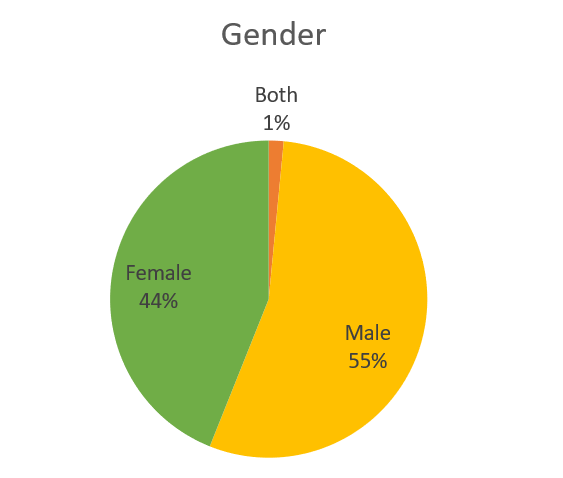

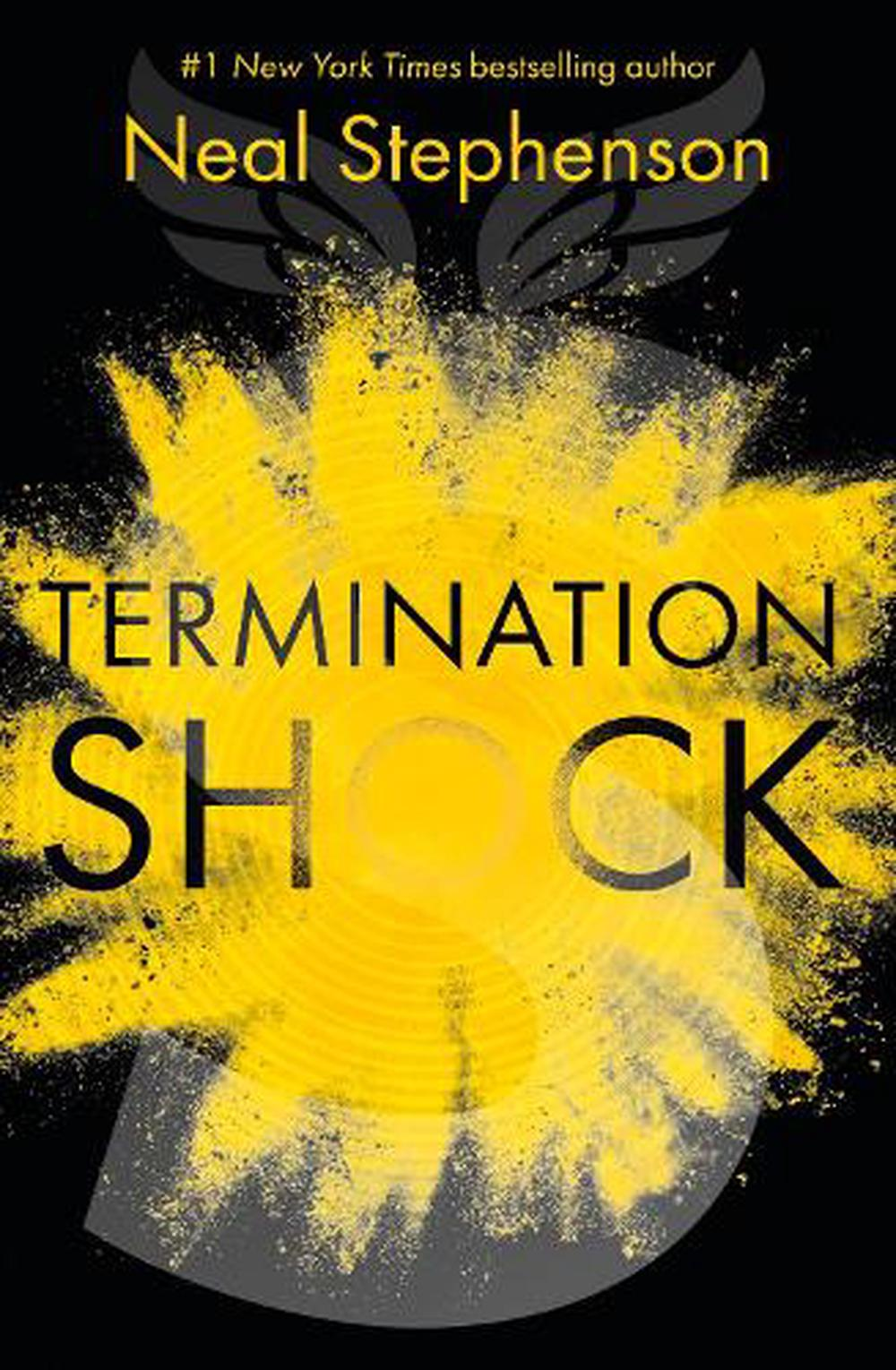


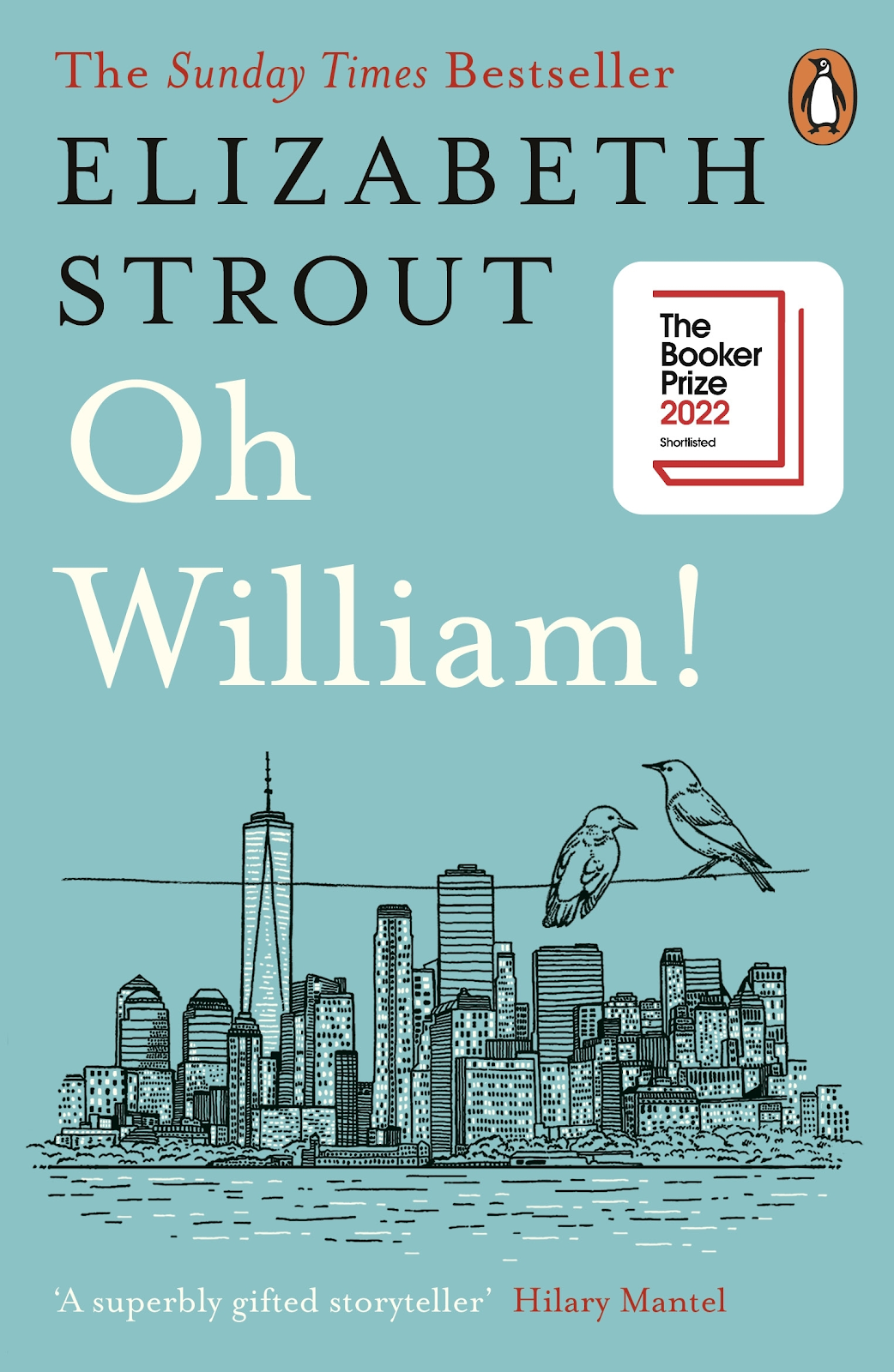



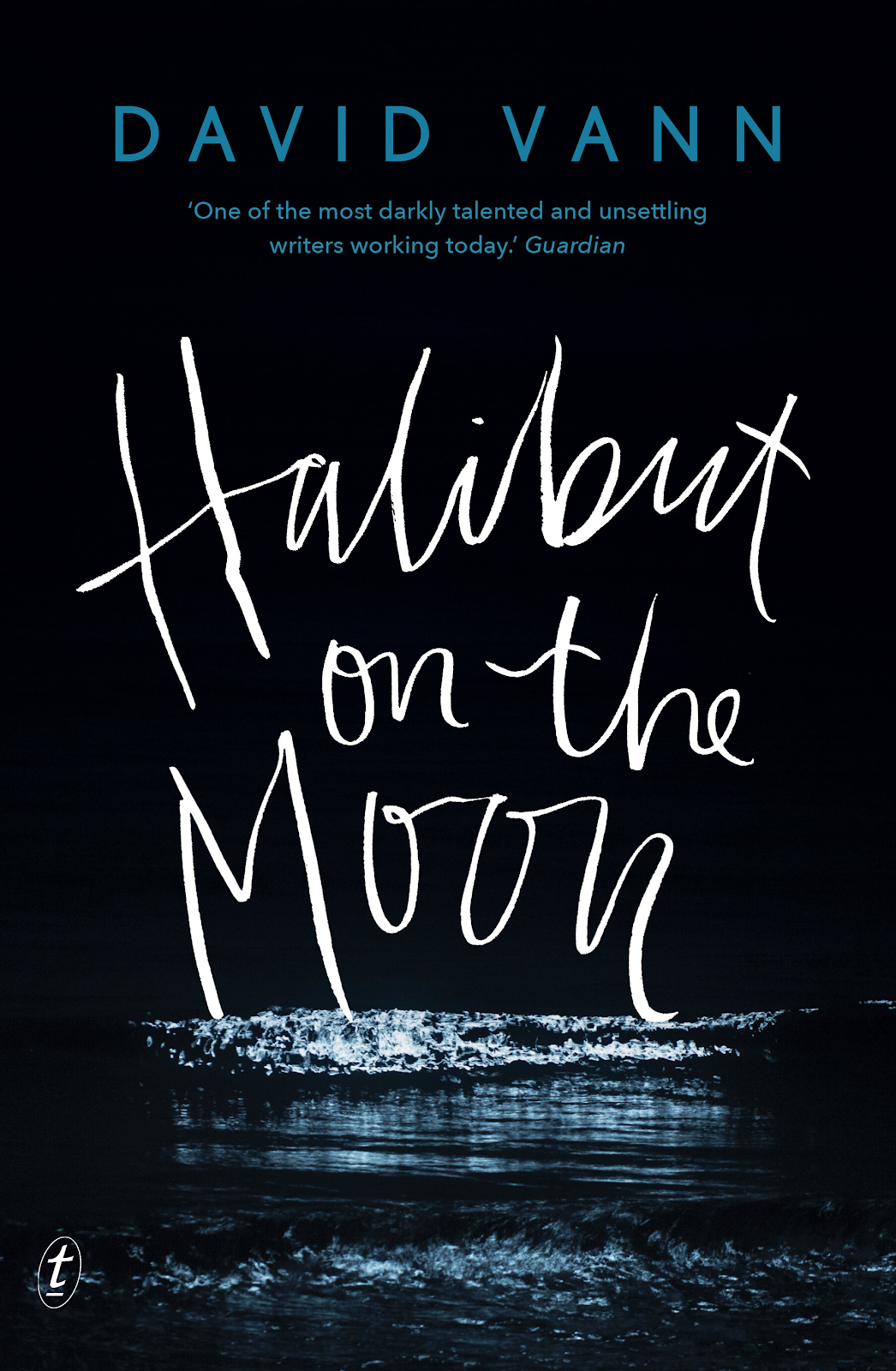

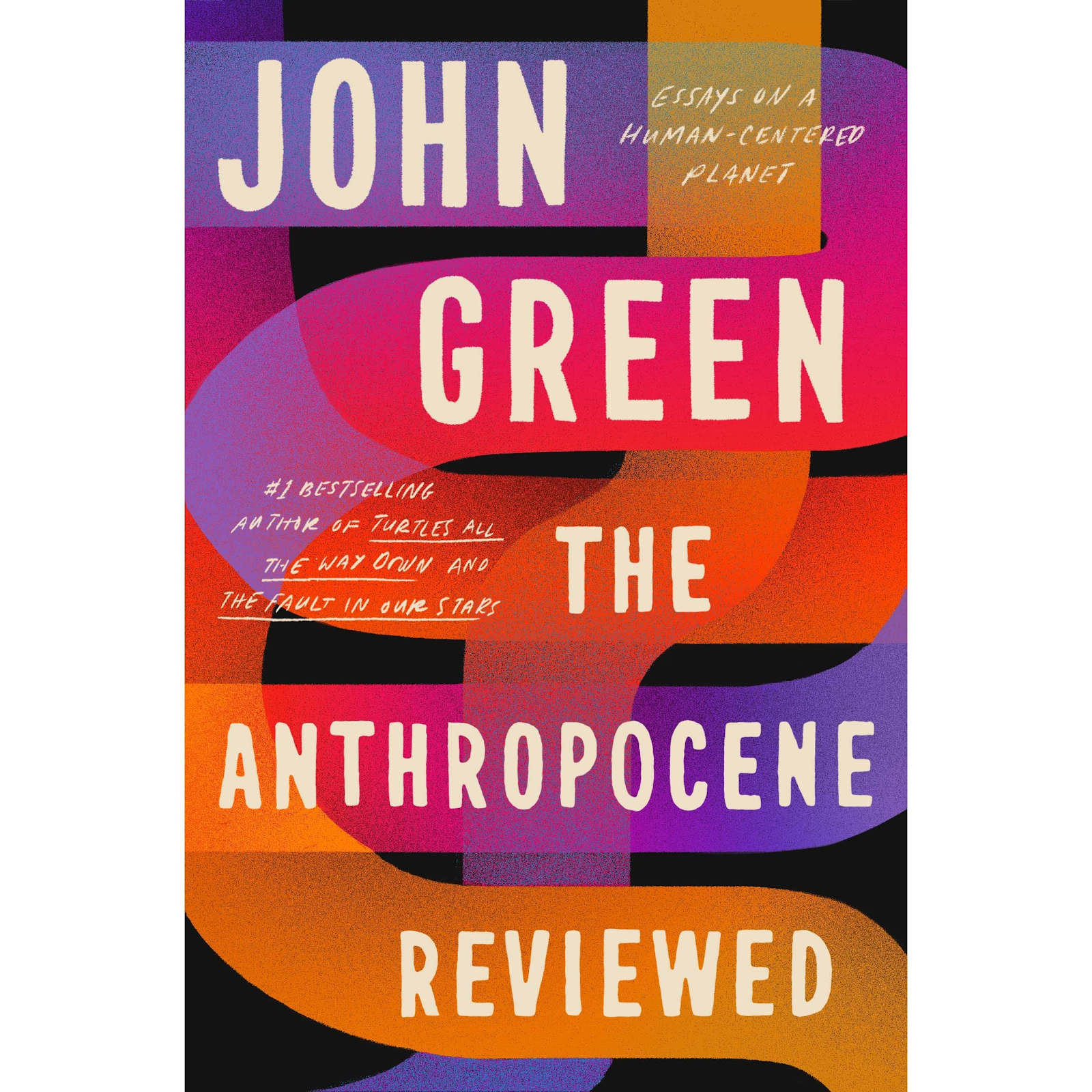
No comments:
Post a Comment